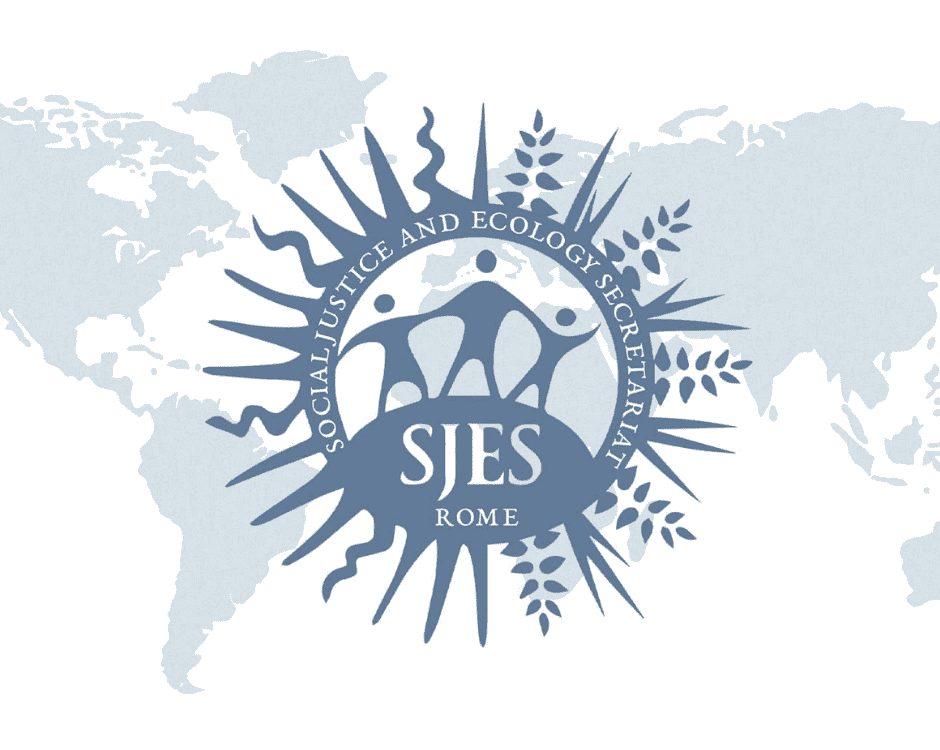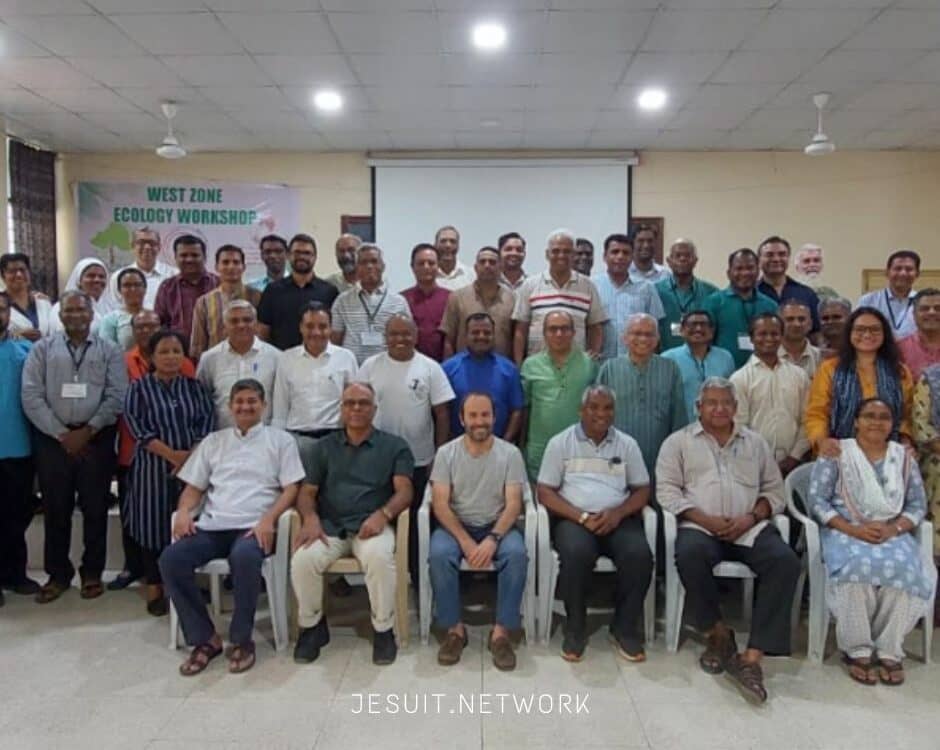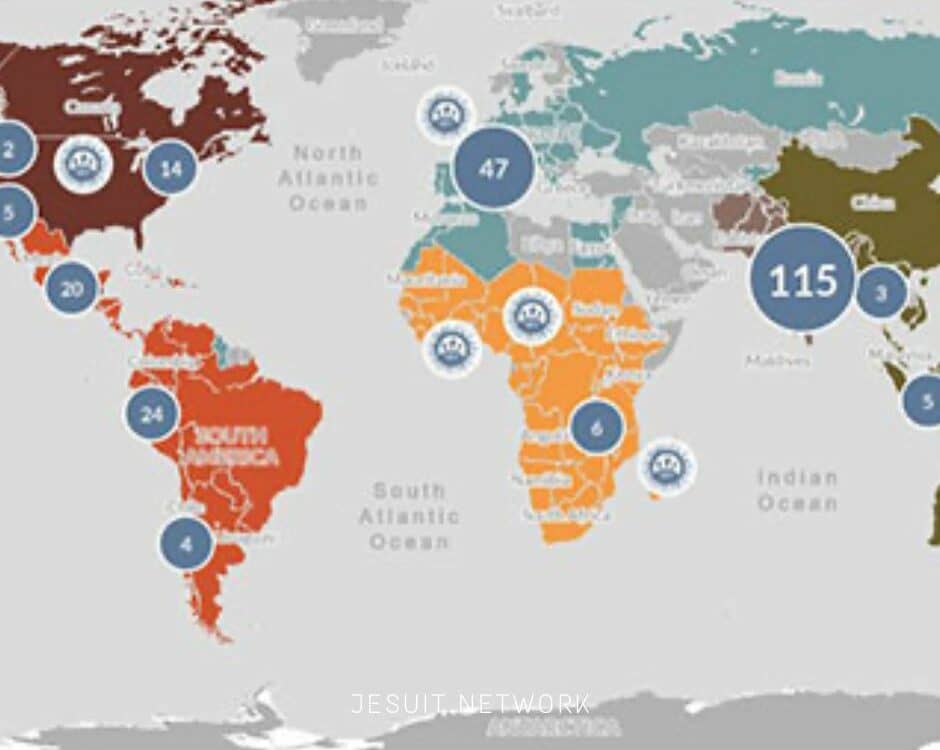This website uses cookies so that we can provide you with the best user experience possible. Cookie information is stored in your browser and performs functions such as recognising you when you return to our website and helping our team to understand which sections of the website you find most interesting and useful.
Networks and Synodality
This is the first post in a series of reflections by the newly appointed Secretary for Social Justice and Ecology, Roberto Jaramillo, SJ on the theme of Networks and Networking as instruments, praxis and expression of synodality, published in December 2023 in Civiltà Cattolica.
In his pastoral practice and speeches, Pope Francis highlighted synodality as fundamental to the evangelical call to the Church. We cannot say this is a perfectly understandable or univocal reality, which makes the task more difficult, although no less interesting.
In the Synthesis Report of the First Ordinary General Assembly of the Synod (held from the 4th to the 29th of last year in Rome[1] ) the concept is referred to 64 times with the noun ‘synodality’ (s. perspective, s. style), 94 times with the adjective ‘synodal’ (referring to church, process, path, itinerary, assembly, way, practices, life, style, spirit, journey, dynamics, perspective, sense, configuration, nature, character, experience, dimension, face, approach, perspective, culture, dialogue, communion, manner, council, key, session), and 21 times the noun ‘synod’ is used in the singular. The concepts most used throughout the document are ‘synodal church’ mentioned 24 times (36 in total if we add the occasions in which we speak of synodal assembly (6), synodal configuration (2), and synodal nature), and ‘synodal process’ mentioned 18 times (26 in total if we add the occasions in which we speak of synodal path (6), synodal journey (1), synodal itinerary). Church, assembly, configuration, or synodal nature refers mainly to a characteristic proper (essential) of being ecclesia, while the concepts of process, path, journey, or synodal itinerary refer to a type of action appropriate (identity) to it. What is certain is that among those gathered at the synod, there was consensus in confessing that they had arrived at “a first understanding that needs to find a better precision” ISS 1, b.
The public debate has been intense and remains open. Thanks to the farsightedness of Pope Francis and his vital coherence, different positions are being freely expressed. The ongoing synod, itself in its development and methodology, is a doctrinal and pastoral way – at the same time – of synodically finding a synodal answer to the questions of synodality. In the same way that “there is no way to peace, but peace is the way”[2], we believe that there is no way to synodality, but that synodality is the way.
The inspiration and fundamental reason for this search lies in the doctrine of the Second Vatican Council, Constitution Lumen Gentium, on the nature of the Church, which affirms that the Church is “a people gathered in virtue of the unity of the Father, the Son, and the Holy Spirit” (LG 4). Accepting this dogmatic premise (the church is the People of God), the temporal institutionality as a whole and, therefore, the forms of the function of government of the church must be at the service of its constitution (its entity/status) as People of God under the unique guidance of the Lord Jesus Christ through the Holy Spirit, with multiple gifts (charisms and functions) for the edification of the whole Body.
If we want to find answers and open paths in the rescue of synodality as a central element of ecclesial nature and practice, we must use new instruments that, not because of their novelty but because of their usefulness, can open us to perspectives of being and doing that had not been thought of before; not even sought or tried. The great challenge, now, is to continue to proceed synodically in the local churches, seeking and finding (‘creating’ in the best sense of the word) diverse synodal instruments to move forward, as the Synthesis Report indicates: “It is proposed to experiment with and adapt conversation in the Spirit and other forms of discernment in the life of the Church, valuing, according to cultures and contexts, the richness of the diverse spiritual traditions. This practice can be facilitated by appropriate forms of accompaniment, helping to discover their logic and to overcome possible resistance” (ISS 2, j).
Conversation or dialogue in the Spirit, in contrast to the simple discussion of ideas or the verbose (indifferent) exposition of opinions, was helpful in awakening and nourishing a new dynamic in which synodality is nourished and realized. This was the experience of the participants in the first session of the synod: “The experience of the conversation in the Spirit was enriching for all those who took part in it. In particular, the style of communication that privileges the freedom to express one’s points of view and to listen to one another was appreciated. This avoids moving quickly into a debate based on the reiteration of one’s arguments, without allowing space and time to become aware of the other’s reasons” (ISS 15, a).
Networks and networking also become adequate instruments, a praxis, and an accomplished expression of synodality in the church. In future posts we will see in what sense.
[1] I quote here the document published on the official website of the synodal process: https://www.synod.va/es/resources.html For ease of reading, it will be referred to in the text as ISS.
[2] Phrase attributed to Mahatma Gandi.





